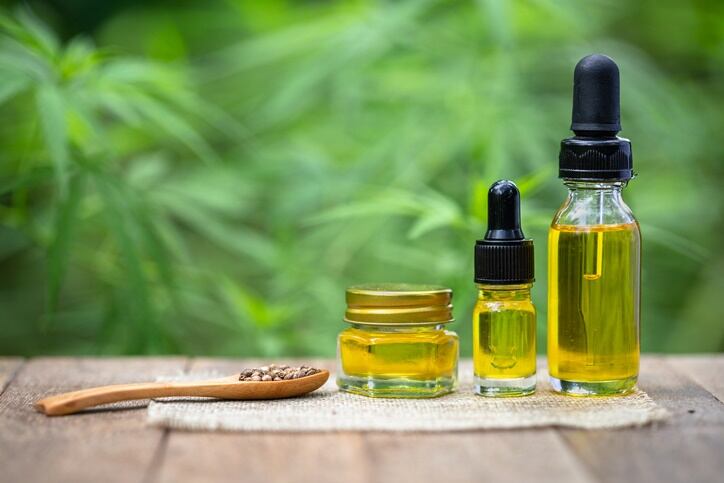The two terms stand for cannabidiol and tetrahydrocannabinol respectively – which are categorised as narcotic ingredients in South Korea, although CBD is also recognised for treating epilepsy.
Both may be found in trace amounts – CBD at 20mg/kg or less and THC at 10mg/kg or less in hemp seed oil.
In hemp seeds, THC is allowed at five mg / kg or less and CBD at 10 mg/kg.
The Ministry of Food and Drug Safety (MFDS) said it wanted to ban the use of these two terms to stem the problem of deceptive product advertising.
“CBD and THC are narcotic ingredients that are not completely removed during the food manufacturing process of products such as hemp seed oil and may remain in trace amounts.
“However, there are cases of product advertising where the term CBD is printed on hemp seed oil products [in an attempt] to highlight the products’ efficacy,” the MFDS said in a statement.
Examples include using the terms “CBD high content” and “CBD 0000mg”, the regulator added.
It said it was establishing a new regulation to prohibit the use of the terms “CBD”, “THC” and other similar terms on hemp foods to prevent confusion among consumers.
The MFDS is currently consolidating public feedback until February 27 on this proposal.
A search on Coupang, a popular e-commerce site in Korea, shows examples of dietary supplements using terms such as “CBD Hemp Seed Oil”, “Phytocannabinoid 1000mg”, “CBG”, and “cannabinoid”, on the product packaging.
The term CBG is the short form of cannabigerol – a minor cannabinoid which is being studied for its nutritional applications and interactions with an individual’s diet.
No similar names to herbal medicines
In the same announcement, the MFDS said it planned to expand the list of terms that food products were banned from using, so that consumers would not misidentify them as herbal medicines.
At the moment, the regulator has identified 92 such terms that food products are prohibited from using. Examples are Gongjinwon and Gongjinhwan – which bear resemblance to the term Gongjindan, which is an herbal drug commonly used to alleviate fatigue.
Even so, there are still various cases of food product advertising where terms outside of this list are being used, and hence the plan to expand the list of prohibited terms, the MFDS explained.


